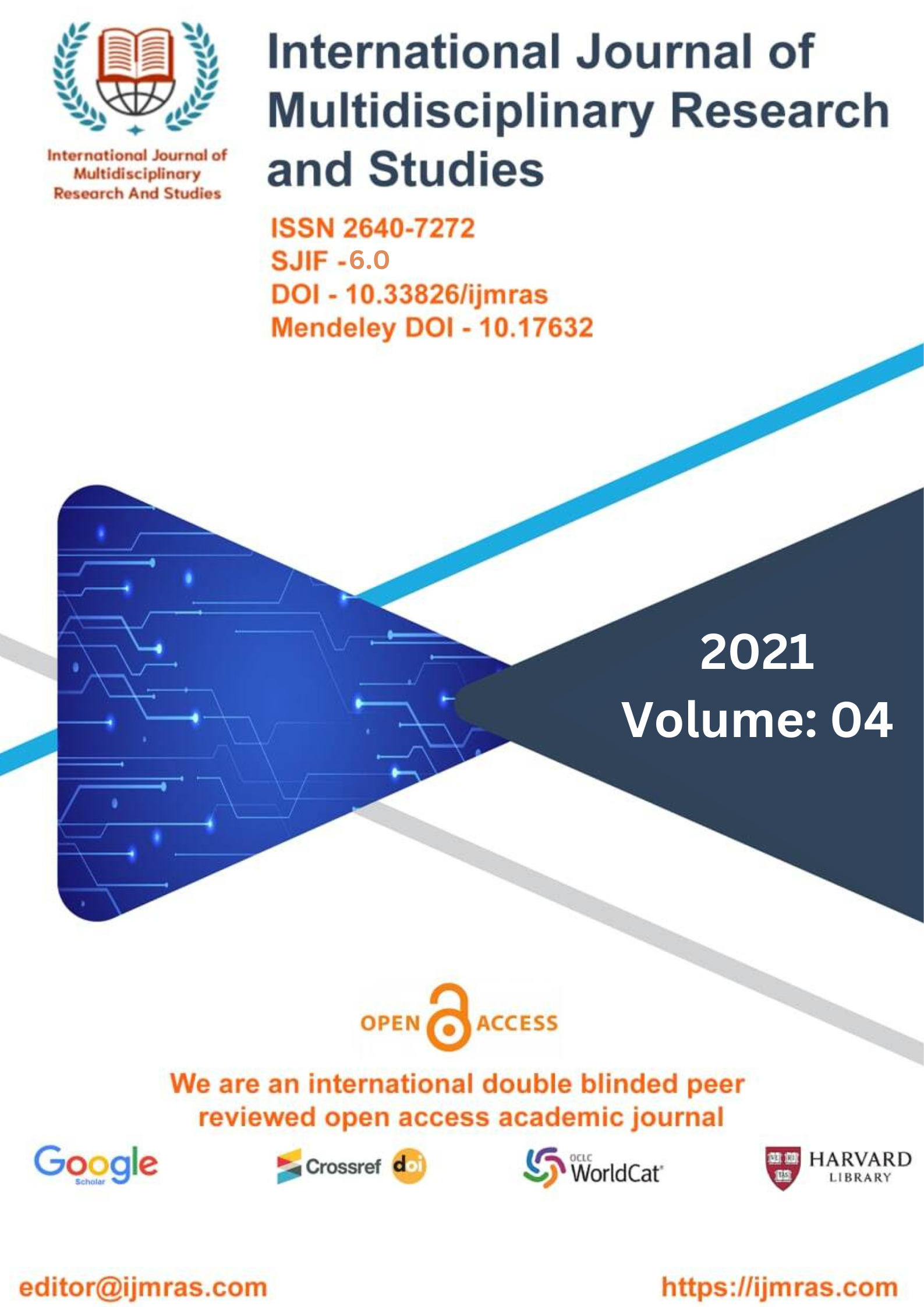ALAN SILLITOE'S WORKING-CLASS FICTION

Abstract
In a broad sense, the term "fiction" refers to any fabricated literary narrative, regardless of its form. Take, as an illustration, Gulliver's Travels by Jonathan Swift. In a more specific sense, the term "fiction" refers to any literary tale, typically written in prose (and this includes short stories), which may be autobiographical, historical, or based on made-up events. However, "fiction" is short for "novel." The term "working-class fiction" can be used to refer to a certain type of historical or modern reality. It can be considered a form of truth. This body of fiction is partly set in the past (as is the case with its representation in Dickens's Hard Times) and partly set in the present (as is the case with Alan Sillitoe's classic novel Saturday Night and Sunday Evening (1958)), makes use of imitation, imagination, and fiction or invention. It is a fictitious portrayal of a real-world debate of some kind. It is a representation of the verbal actions, reporting, describing, and referring done by members of the working class. The majority of contemporary critics of prose fiction, regardless of their ideological orientation, make a significant distinction between the fictional scenes, persons, events, and dialogue that a narrator reports or describes and the narrator's own assertions about the world, about human life, or about the human situation. The central or controlling generalizations of the latter sort are referred to as the theme or thesis of a piece of work.
Keywords
Fiction, Working, Themes, Literature,How to Cite
References
Bradford, Richard. The Life of a Long-Distance Writer: The Biography of Alan Sillitoe. London: Macmillan, 1990. Print.
Hanson, Gilian Mary. Understanding Alan Sillitoe. Columbia: Univ of South Carolina, 1999. Print.
Cooper, Thomas. The Life of Thomas Cooper. London: Hodder, 1892. Print.
Hawthorn, Jeremy, ed. The British Working-Class Novel in the Twentieth Century. London: Edward Arnold Ltd., 1984. Print.
Hitchcock, Peter. Working-class Fiction in Theory and Practice: A Reading in Alan Sillitoe. London: UMI Research Press, 1989. Print.
Atherton, Stanley S. “Alan Sillitoe’s Battleground.” Dalhousie Review 48 (1968): 224-331. Print.
Brownjohn, Alan. “Illuminating the Ordinary.” The Times Literary Supplement 4006 (January 1980): 9. A discussion of The Storyteller. Print.
Brumm, Anne-Marie. “Alan Sillitoe—From Angry Young Man to Universal Writer.” Neohelicon 14. no. 1 (1987): 89-113. Print.
Byers, John A. “The Initiation of Alan Sillitoe’s ‘Long Distance Runner.’” Modern Fiction Studies 22 ( 1976-77): 584-91. Print.
Hutchings, William. “Proletarian Byronism: Alan Sillitoe and the Ro- mantic Tradition.” In English Romanticism and Modern Fiction: A Collection of Critical Essays, ed. Allan Chavkin. New York: AMS Press, 1993. Print.------. “The Work of Play: Anger and the Expropriated Athletes of
Alan Sillitoe and David Storey.” Modern Fiction Studies 33 (Spring 1987): Print. ------ . “Room at the Fop, Saturday Night and Sunday Morning, and the ‘Cultural Revolution’ in Britain.” Journal of Contemporary History 19 (January 1984): Print.
Meckier. Jerome. “Looking Back at Anger: The Success of a Collapsing Stance.” Dalhousie Review 52:47-58. Compares works of Kingsley Amis. Alan Sillitoe, and John Wain. Print.
Osgerby, J. R. “Alan Sillitoe’s Saturday Night and Sunday Morning.” Renaissance and Modern Essays Presented to Vivian de Sola Pinto. ed. G. R. Hubbard. London: Routledge. 1966. Print.
Staples, Hugh. “Saturday Night and Sunday Morning: Sillitoe and the White Goddess.” Modern Fiction Studies 10 (Summer 1964): 171-81. Print.
Sterne, Richard Clark. “Guzman, Go Home and Other Stories.” The Saturday Review 52 (November 1969): 86. Print.
Wilding, Michael. “Alan Sillitoe’s Political Novels.” In Cunning Exiles: Studies of Modern Prose Writers, ed. Don Anderson and Stephen Knight. London: Angus and Robertson, 1974. Print.
Wilson, Keith. “Arthur Seaton Twenty Years On A Reappraisal of Sillitoe’s Saturday Night and Sunday Morning.” English Studies in Canada 7, no. 4 (December 1981): 414-26. Print.
Rothschild, Joyce. “The Growth of a Writer; An Interview with Alan Sillitoe.” Southern Humanities Review 20, no. 2 (Spring 1986): 127-40. Interview.
License
Copyright (c) 2021 Shivani Kumari

This work is licensed under a Creative Commons Attribution 4.0 International License.
Individual articles are published Open Access under the Creative Commons Licence: CC-BY 4.0.




